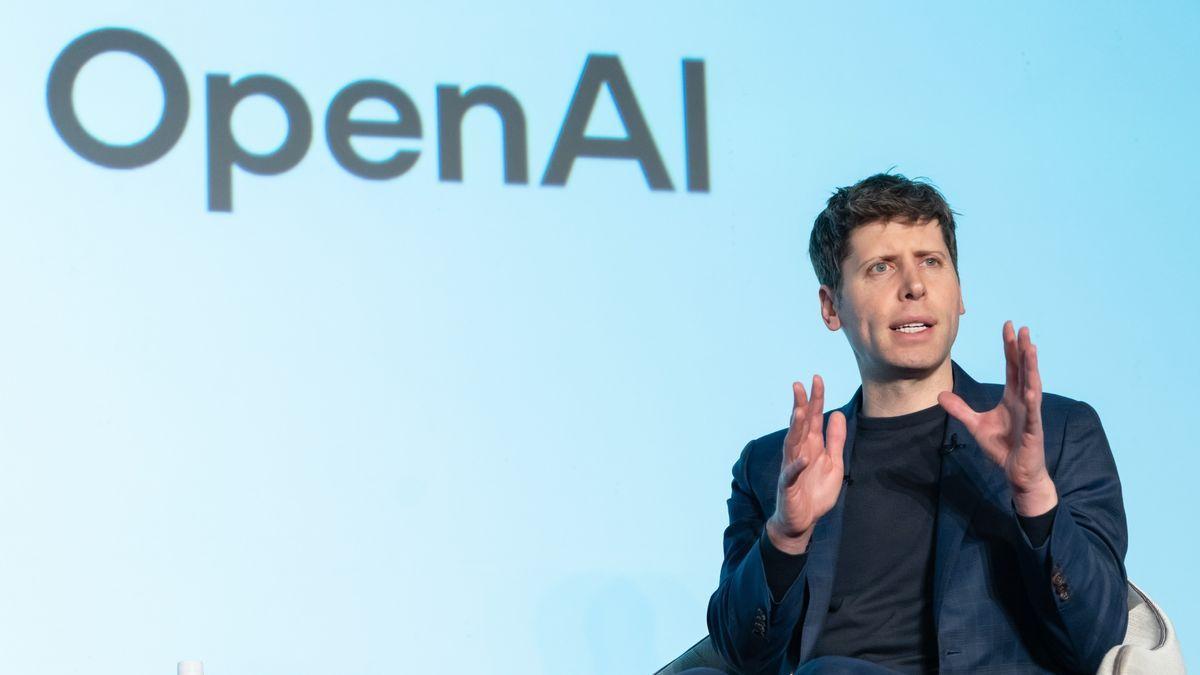OpenAI CEO Sam Altman suggests GPT-5 could exhibit intelligence beyond his own, sparking debate on AI's potential to outthink humans. While optimistic about AI's role in scientific breakthroughs, Altman's claims raise questions about the practical implications and limitations of advanced language models.
Sam Altman's Bold Prediction on GPT-5
OpenAI CEO Sam Altman has stirred the AI community with a provocative statement about the potential of GPT-5, the anticipated successor to the current GPT-4 language model. During a panel event at Technische Universität Berlin, Altman hinted that GPT-5 could potentially surpass human intelligence, including his own
1
.Engaging the Audience on AI Intelligence
Altman's presentation style was notably interactive. He engaged the audience by asking who among them considered themselves smarter than GPT-4 and who believed they would still outperform GPT-5. This approach highlighted the rapid evolution of AI capabilities and the shifting perceptions of human versus machine intelligence
1
.Optimism for Scientific Breakthroughs
The OpenAI CEO expressed optimism about AI's potential to drive substantial scientific breakthroughs and innovative research discoveries. However, he remained vague on specifics, particularly avoiding direct answers to questions about research partnerships
1
.Defining "Smarter than Humans"
A critical point of discussion is what "smarter than humans" truly means in practical terms. While GPT-4 already surpasses human knowledge in many fields due to its vast data access, it still faces limitations in instruction-following, context retention, and response revision. These constraints currently prevent it from being perceived as truly intelligent
1
.Potential Improvements in GPT-5
The AI community is watching closely to see if GPT-5 will address the current weaknesses of language models. Competing AI systems like DeepSeek have shown improvements in instruction adherence and response consistency, qualities that contribute to a more efficient AI experience, especially for tasks requiring structured outputs
1
.Related Stories
AI's Role in Scientific Advancements
Altman has frequently linked AI to scientific advancements, even suggesting its potential to cure cancer. However, the direct connection between language models like ChatGPT and major scientific breakthroughs remains unclear. While ChatGPT is valuable for tasks such as brainstorming, meeting summarization, and code assistance, its direct contribution to tackling unknown scientific questions is yet to be demonstrated
1
.Speculations and Practical Impact
While Altman's vision of AI shaping the future is ambitious, it remains largely speculative without concrete details. The practical impact of GPT-5 on research and innovation will depend on whether it can truly enhance problem-solving beyond the current limitations of AI systems
1
.As the AI landscape continues to evolve rapidly, the development of GPT-5 and its potential capabilities remain a topic of intense interest and debate within the tech and scientific communities. The coming months and years will likely provide more clarity on whether these bold predictions about AI's potential to surpass human intelligence are grounded in reality or remain in the realm of hype.
References
Summarized by
Navi
[1]
Related Stories
Recent Highlights
1
ByteDance's Seedance 2.0 AI video generator triggers copyright infringement battle with Hollywood
Policy and Regulation

2
Demis Hassabis predicts AGI in 5-8 years, sees new golden era transforming medicine and science
Technology

3
Nvidia and Meta forge massive chip deal as computing power demands reshape AI infrastructure
Technology








